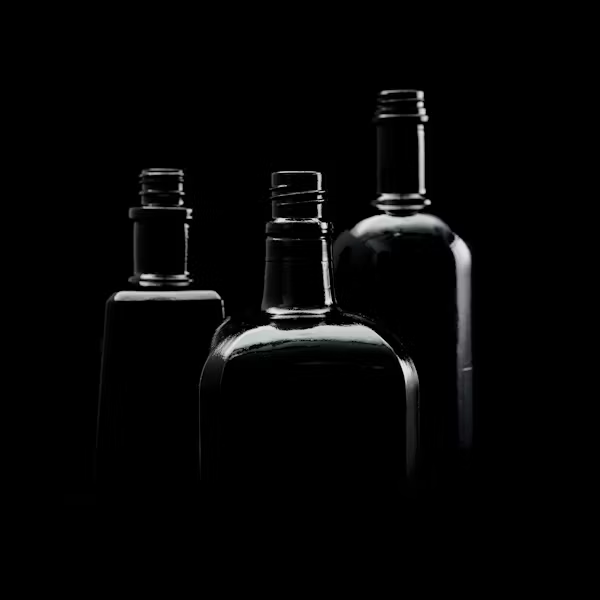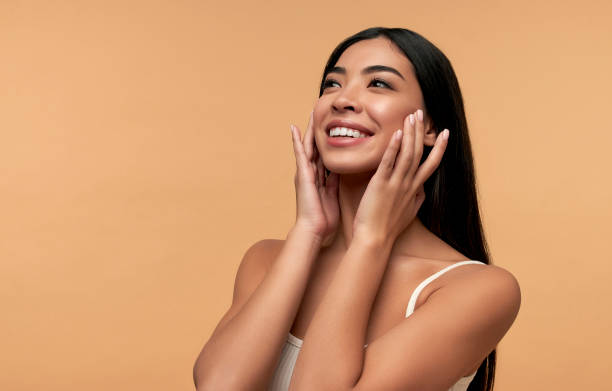Eczema and Alcohol: Do Your Weekend Drinks Affect Your Skin?
A glass of wine with dinner or a weekend cocktail with friends may seem harmless—but if you live with eczema, your skin may tell a different story.
Many people with atopic dermatitis notice that after a night of drinking, their skin becomes redder, itchier, and more inflamed. But is alcohol truly to blame?

In this guide, we explore the relationship between eczema and alcohol, what the science says, and how to minimize flare-ups without cutting out your social life entirely.
Can Alcohol Trigger Eczema Flare-Ups?
Yes—and the link is more than anecdotal.
Several studies suggest that alcohol can exacerbate eczema, especially in people who are already prone to inflammatory skin conditions. Alcohol affects the body in multiple ways that are relevant to eczema, including:
- Immune system activation
- Dehydration
- Widening of blood vessels (vasodilation)
- Increased histamine levels
- Disruption of sleep patterns
These combined effects can weaken your skin barrier, make it more sensitive to allergens, and fuel the inflammation that drives eczema symptoms.
What the Science Says
A large cross-sectional study published in the British Journal of Dermatology found a significant association between alcohol consumption and eczema symptoms, particularly among individuals with a genetic predisposition or pre-existing atopic conditions.
Another study in Alcohol Research: Current Reviews explored how alcohol stimulates the immune system and increases levels of pro-inflammatory cytokines, including IL-6 and TNF-alpha—both of which are known to play a role in eczema pathophysiology.
So, while alcohol isn’t a direct cause of eczema, it can definitely trigger or worsen flares in sensitive individuals.
Why Alcohol May Worsen Eczema
Let’s break down the specific ways alcohol can impact your skin:
1. Dehydration
Alcohol is a diuretic—it increases urine production, which leads to fluid loss and dehydration. For people with eczema, whose skin is already dry and sensitive, this can intensify itching, flaking, and irritation.
2. Immune Response and Inflammation
Eczema is an inflammatory condition. Alcohol can temporarily stimulate the immune system, triggering inflammatory cascades and potentially worsening eczema lesions.
3. Histamine Release
Alcohol can increase histamine levels in the body. Since histamines are associated with itching and allergic responses, this can lead to an intensified itch-scratch cycle in eczema sufferers.
Some drinks—especially red wine, champagne, and beer—naturally contain more histamines than others.
4. Sleep Disruption
Alcohol disrupts deep sleep and can reduce the quality of rest. Since poor sleep is a known eczema trigger, drinking too much can indirectly worsen your skin by robbing you of recovery time.
5. Sugar and Additives
Many alcoholic beverages are loaded with sugar, sulfites, and preservatives—all of which may contribute to inflammation or act as contact allergens in people with eczema.
Are Some Types of Alcohol Worse Than Others?
Yes. Here’s how common drinks stack up:
- Red wine: High in histamines and sulfites—frequently reported as a trigger
- Beer: Contains gluten, yeast, and histamines; can be harsh for some
- Champagne: Similar issues as wine; often carbonated, which can irritate
- Vodka or gin: Often tolerated better because they’re distilled and contain fewer additives
That said, individual reactions vary. If you’re unsure, try keeping a drink-and-skin journal to identify patterns.
Managing Alcohol-Related Eczema Flares
If you want to enjoy the occasional drink without inflaming your skin, here are some dermatologist-approved strategies:
1. Hydrate Before and After Drinking
Drink a full glass of water for every alcoholic beverage. Hydration helps mitigate the skin-drying effects of alcohol and supports detoxification.
2. Moisturize Generously
Use a barrier-repair cream like NellaDerm’s NovaNella Eczema Stick before going out and again before bed. This helps reinforce your skin’s natural defense layer.
3. Choose Drinks Wisely
Opt for clear spirits like vodka or gin, mixed with soda water or non-citrus juices. Avoid cocktails high in sugar or mixers with preservatives.
4. Limit Quantity
Try limiting your intake to 1–2 drinks per occasion. Binge drinking tends to have a stronger effect on the skin than moderate consumption.
5. Stick to a Skincare Routine
After a night out, don’t skip your regular eczema skincare. Cleanse gently, moisturize liberally, and treat any flare-ups with your prescribed topical treatments.
When to Consider Cutting Back
If your eczema symptoms are:
- Consistently worse after drinking
- Unresponsive to treatment
- Affecting your sleep, work, or social life
…it might be time to take a break from alcohol and observe your skin’s response. Eliminating alcohol for a few weeks can help determine if it’s a major trigger.
Final Thoughts
The relationship between eczema and alcohol isn’t the same for everyone. While some people can enjoy the occasional drink without issues, others may find that even small amounts trigger frustrating and painful flare-ups.
The key is to understand your body’s tolerance, make informed drink choices, and protect your skin before and after social outings.
If you’re struggling with alcohol-triggered eczema, talk to a dermatologist about treatment options—and be sure to explore eczema-friendly skincare products at NellaDerm.com, designed to keep your skin resilient, even through a night out.
Our Promise to You
We’re confident our products will transform your skin—but if you’re not completely satisfied, we’ve got your back. Simple as that. Try our products risk-free for 30 days. If you don’t love your results, reach out to our care team and we’ll make it right with a full refund. No questions asked, no complicated returns process. Because everyone deserves skincare that works.

